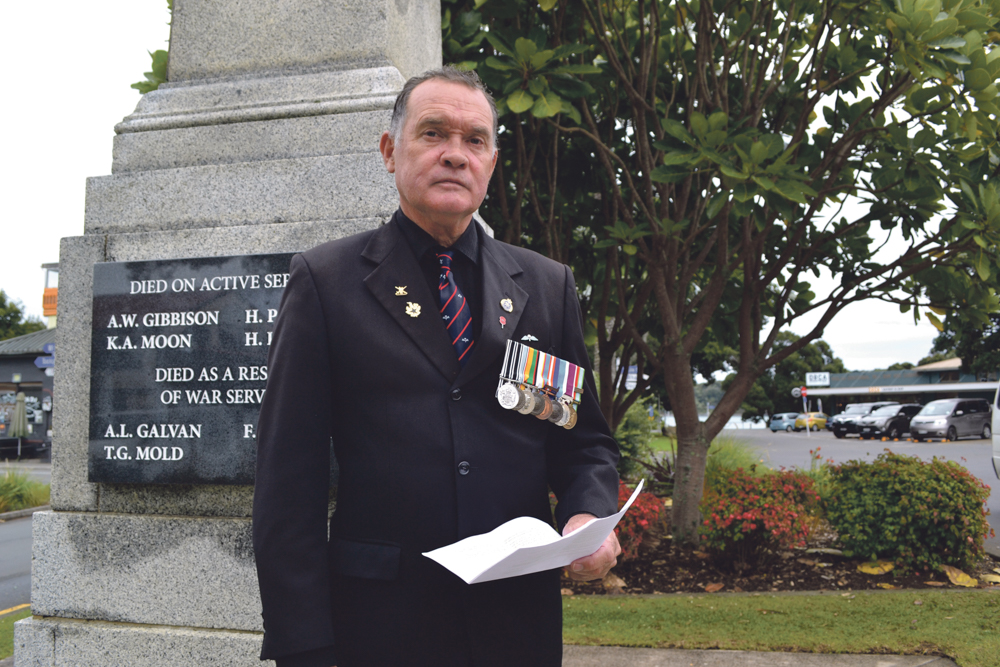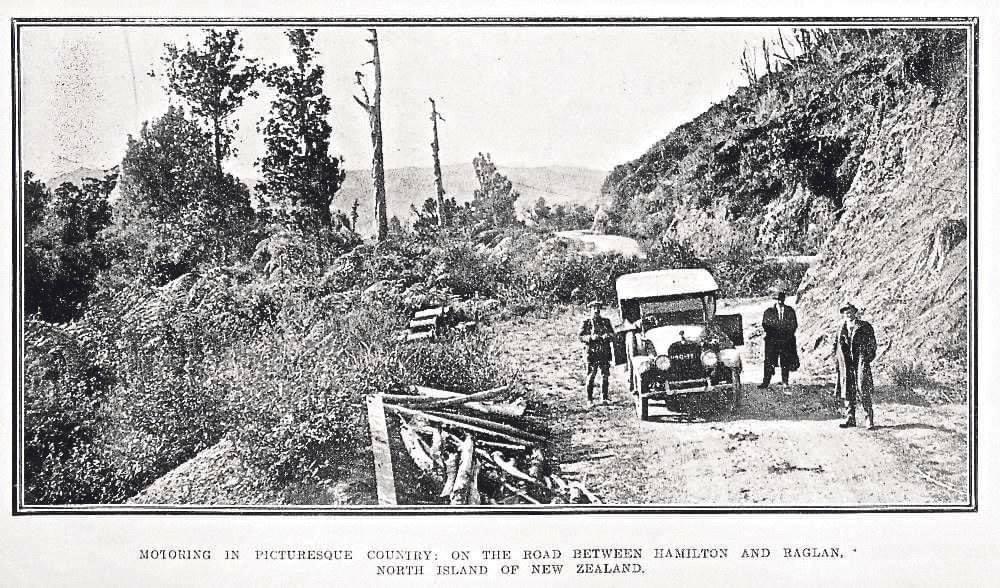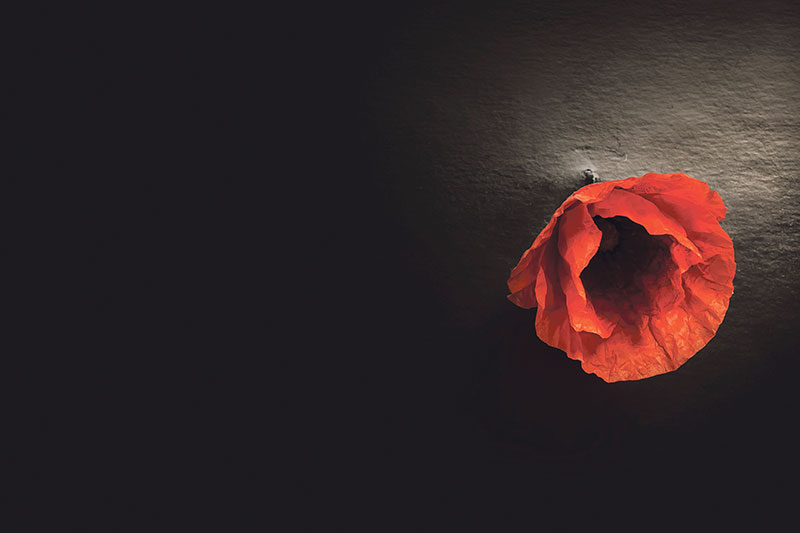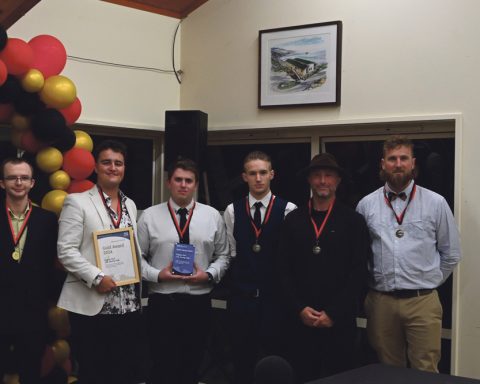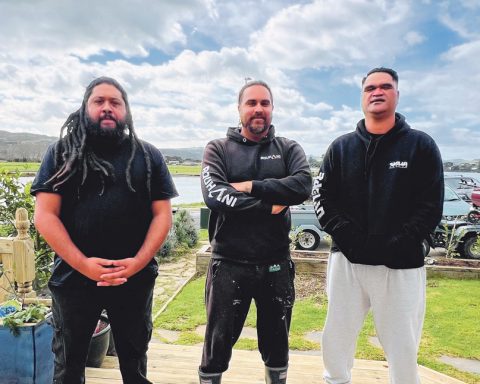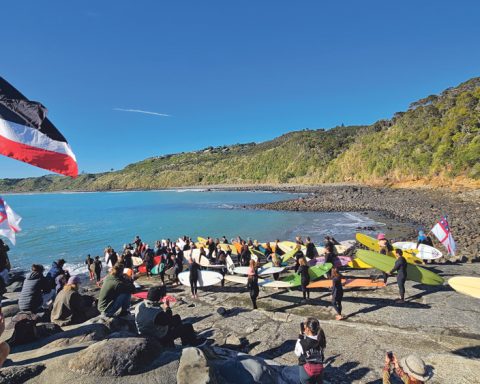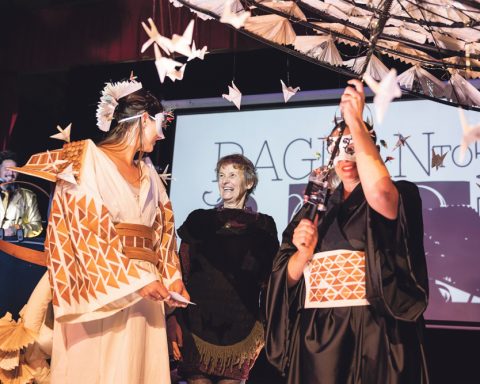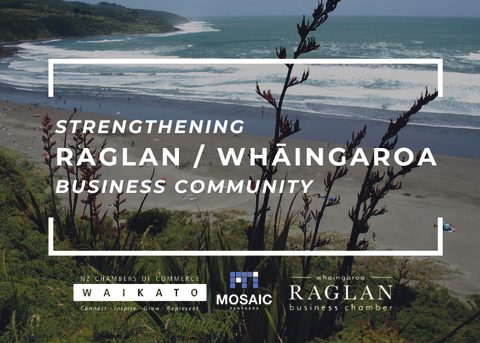Why does ANZAC day mean so much to NZ and New Zealanders and what does ANZAC Day mean to me?
To understand ANZAC Day it is inevitable that we go back in time to the 25th April 1915, the date itself marks the anniversary of the landing of New Zealand and Australian soldiers – the Australian and New Zealand Army Corps or ANZACS as they are known– on the Gallipoli Peninsula in 1915, 102 years ago.
Thousands lost their lives in the Gallipoli Campaign: 87,000 Turks, 44,000 men from France and the British Empire including 8,500 Australian and 2,779 New Zealanders, a staggering total of 131,000 men; by comparison Hamilton and its regions have a population of approximately 184,905 people.
Gallipoli saw Maori soldiers serve for the first time in a major conflict with the NZ Army, although a small contingent did serve in the Boer War, to be precise in WWI- 2,688 Maori Soldiers served, 346 Pacific Islanders and 150 Nuieans.
During WWI the total number of NZ troops and nurses sent overseas were 100,444 from a total population of approximately 1 million people – just over a tenth of our total population.
The following statistics outline the overall NZ casualties from WWI
16,697 were killed in action (KIA)
43,317 were wounded
507 died while training in NZ between 1914 – 1918
another 1,000 died within 5 years from their wounds
NZ suffered a 58% casualty rate
There was a not a city, town or village in NZ that was not affected by this tragedy and the terrible effects were felt not only personally, but also economically and politically. This disaster caused a change in mindset with our military and political masters and both the Australian and NZ governments decreed that our troops would never again be sent into battle outside of our chain of command.
First observed in 1916, ANZAC Day – 25 April – commemorates those killed in war, as well as honouring returned servicemen and women, their families and communities who still remember the sacrifice those service personnel made. It is also a day to remember current New Zealand Defence personnel serving in some far away land away from their families and friends.
So that gives you the background of what happened and is a good indicator why it means so much to NZ and NZ’ ers. Lest we forget.
So how did we fare in others wars to date?
Since those early days NZ has contributed to and punched well above its weight in operational zones from Korea, Malaya and Borneo, Viet Nam, Rhodesia, Angola, Cambodia, East Timor and Iraq and Afghanistan – to name but a few.
ANZAC Day is dedicated to those who have served, those who have died and those who continue to serve, this includes their families and most importantly the communities that we all come from and inevitably will return back to.
However, this service has not been without consequence since then the number of NZ Troops KIA follows:
WWII 11,625.00
Korea 41
Malaya/Malaysia 26
Vietnam 37
Thailand 2
Rhodesia 1
Falklands 1
East Timor 5
Kuwait 1
Afghanistan 10
So where are our troops now?
Our defence force is actively engaged in operations and activities in Aotearoa/New Zealand and across the globe.
The NZDF has around 200-250 personnel deployed on overseas operations each year.
On ANZAC Day we send out our prayers to our servicemen and women wherever they are deployed, their families and wish them safe travels back to NZ.
So what does ANZAC Day mean to me?
This year will be the 52nd ANZAC Day Ceremony I have attended that I can remember, since a child.
I can remember my father, and great uncles marching in ANZAC Day Parades across various sites in Auckland and I have been privileged to attend ANZAC Ceremonies in various towns in NZ, Sydney, Melbourne, Luanda (Angola), Dili (East Timor) and Canchanabrai in Thailand.
I have very mixed emotions about ANZAC Day and I find it a day that is solemn, sad, tearful, a time to reflect and remember, of mates that have passed away and of good times we have had – of hardships and of camaraderie that can only be found as quoted “in we small band of brothers” or sisters.
I come from a proud heritage of sailors and soldiers, but I also come from a long line of teachers; my mother, brother, cousins, father and mother in law and sister in law are all, or were all, teachers. I remember one of my 6th Form Deans (and ex-soldier) saying if you can read and write thank a teacher, if you can read and write English thank a soldier – something to ponder on.
I look out at our youth on ANZAC Day and see our future, it is a future made on sacrifice and I hope you can appreciate what has gone before you and given you the freedoms which you enjoy, but remember freedom is not free it comes at a cost.
In closing I would like to leave you with the following:
Recited on ANZAC Day is verse 4 of a poem written by Robert Laurence Binyon, often referred to as “Binyons Lines” or more properly “For the Fallen.” Within the RSA this is referred to as The ODE. It is recited in most RSA’s in NZ, at all military funerals and most importantly on ANZAC Day.
“They shall grow not old, as we that are left grow old
Age shall not weary them, nor the years condemn
At the going down of the sun, and in the morning
We will remember them.”
Saen O’Brien (Major Retd NZ Army)
MA (Hons) BA, Dip Ad Ed, Dip PMM, Dip Log, ledc
President Raglan RSA
